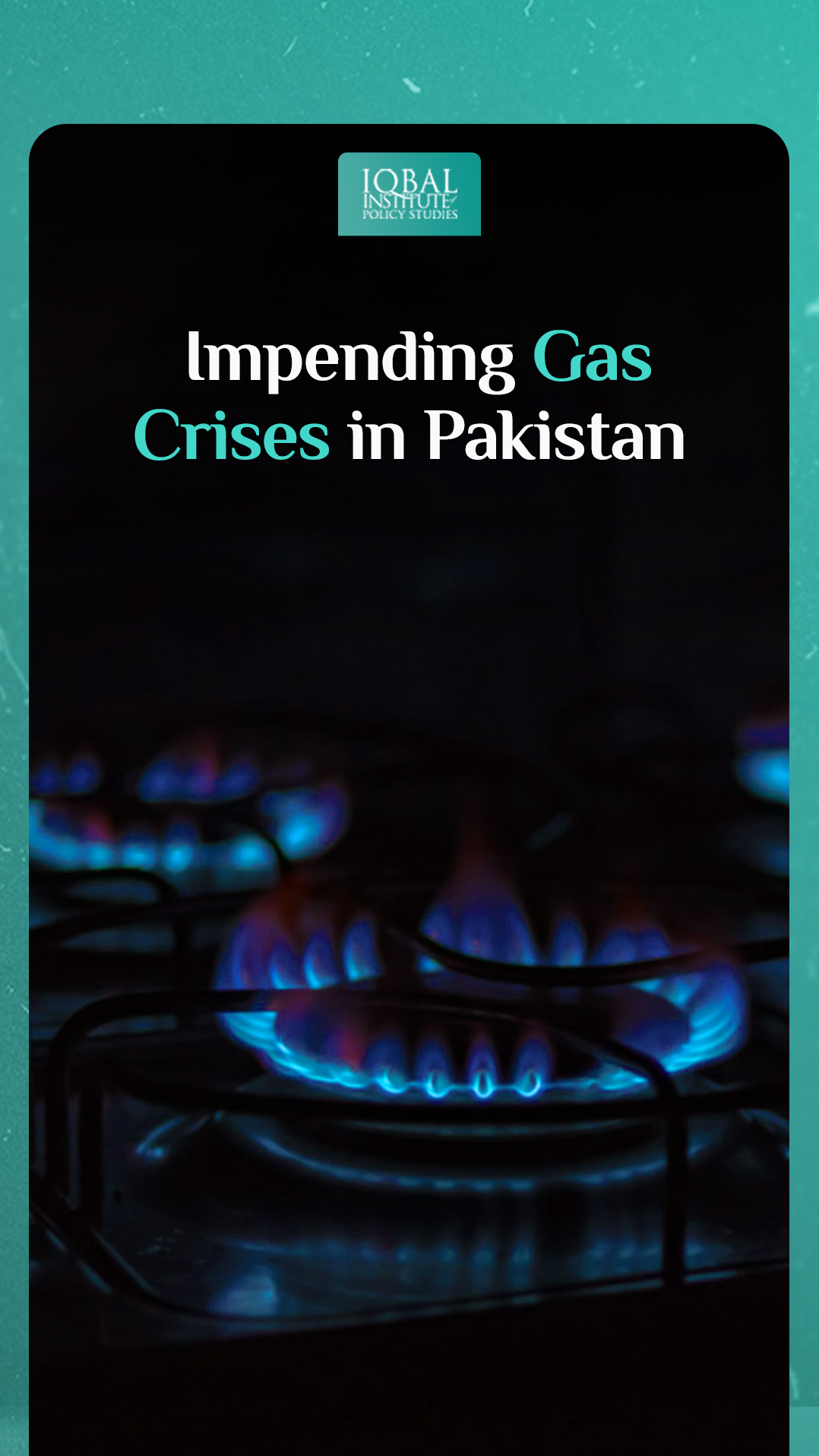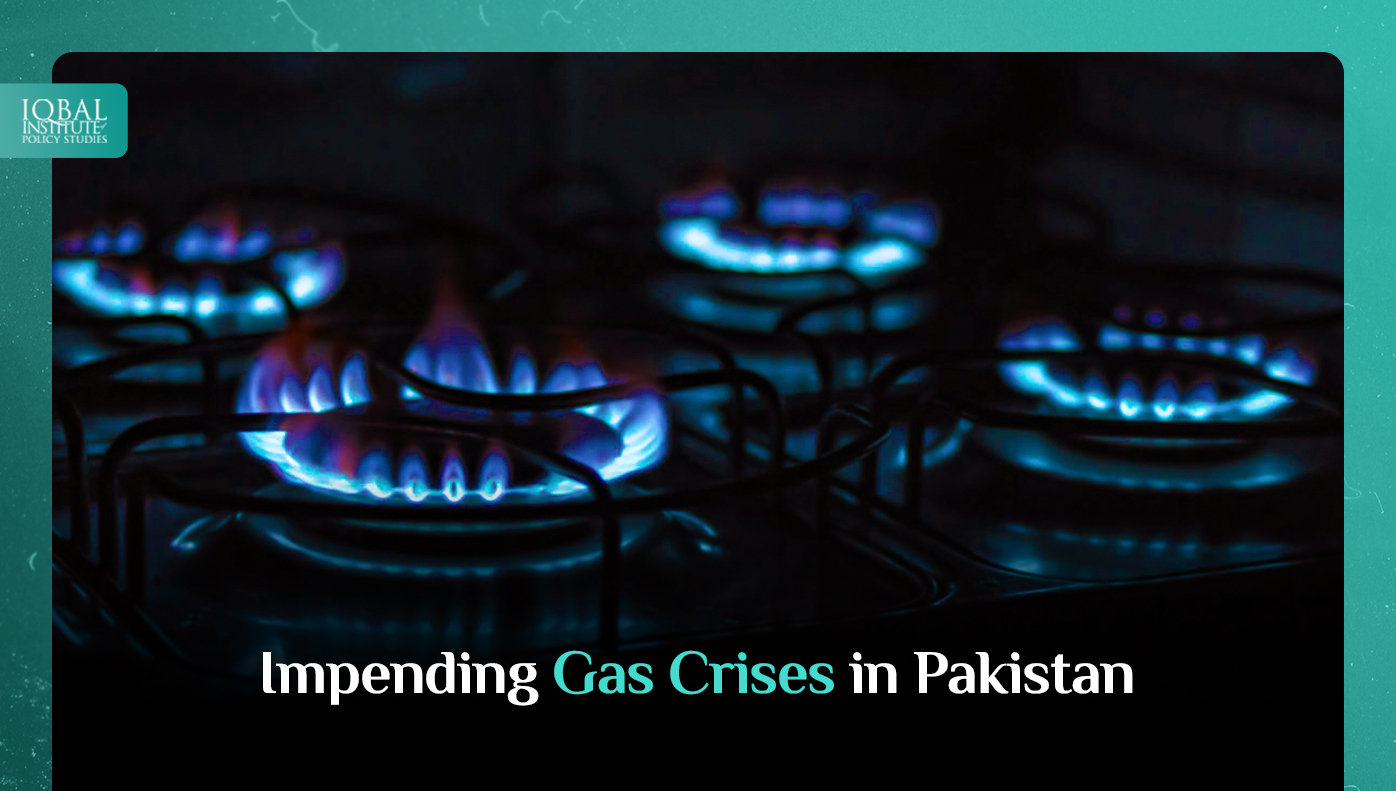Since its inception, Pakistan has been facing energy crises due to its poor policies and outdated infrastructure. To fulfill the energy demand country is dependent on other countries such as Qatar, Saudi Arabia, etc. Whereas, Russia is the major supplier of gas because it holds 5% of the world’s oil and the largest reserves of gas in the world. After the war in Ukraine, the west imposed sanctions on Russia, thereby reducing its ability to export. As the overall supply of gas and oil has decreased, the price of both energy resources rose rapidly in the international market. There are impending severe energy crises around the world due to the Russia-Ukraine war, which lead to an increase in prices.
Pakistan shares 0.8% of global natural gas production only. The gas demand ranges between 6,500 to 7,000 million standard cubic feet per day (mmfcd), and supply hovers at around 4,300 (mmfcd). Therefore, there can be a shortfall of 3,500 (mmfcd). To meet the need, Pakistan has relied on Qatar’s LNG supply to fulfill the demands. However, due to political instability, Pakistan is facing adverse economic crises, i.e., rupee devaluation, depleting foreign exchange reserves, inflation, etc and Qatar will reroute most of the gas to rich European countries to gain more profit. In the wake of this situation, the gas supply in Pakistan for winters will be non-existent.
Although, the demand for gas has increased in Pakistan, but gas exploration and production have declined, and the LNG operational and regulatory framework is weak, leading to a nationwide shortage and increased supply costs. To mitigate such a crisis, the government has to draft a ‘demand reduction plan.’ Moreover, the government should work toward political and economic stability and make policies accordingly. Remittances must be encouraged to keep the economy running. Households consume the most percent of gas yet get subsidised prices whereas other consumer categories are charged higher. It incentivises inefficient use, thus every category must be charged equally. Importing oil and gas is an expensive option; hence, reserves in Pakistan should be explored, such as the Thar Coal mine.



Leave a Reply